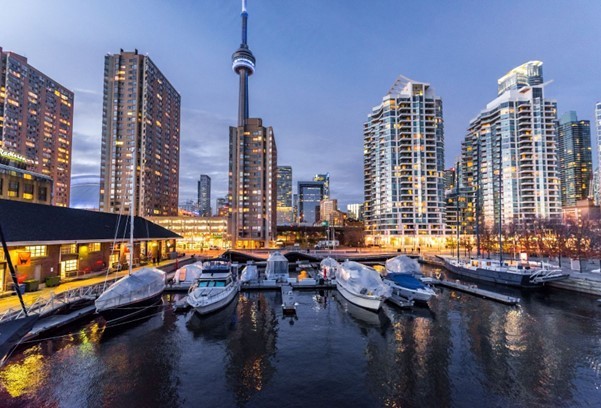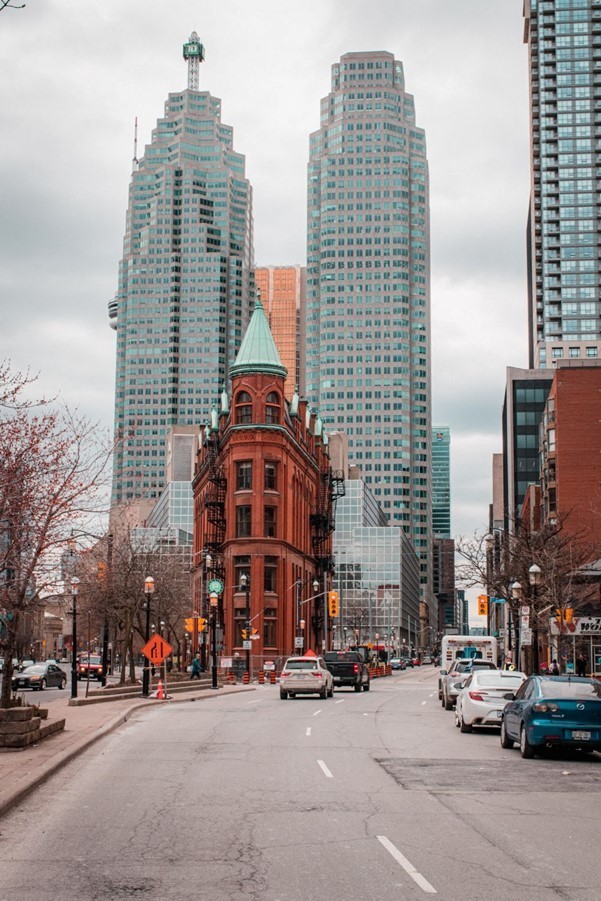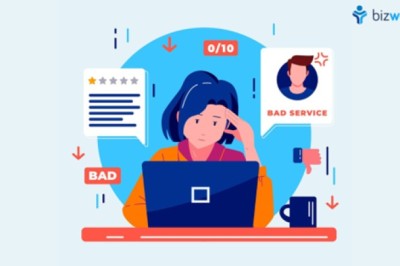views

It is critical to plan what to do ahead of time before getting to Canada. The next stage of anyone's immigration procedure has begun. The Canadian journey will start once you have completed all documentation, including prescriptions, packed belongings, and said farewells. If you have decided to immigrate, now is not the time to second-guess yourself. You've worked hard to prepare for the trip to Canada, so trust yourself and unwind. This post will outline the basic steps to getting started in Canada as soon as an immigrant that just arrived.
Find an Accommodation
After arriving in Canada, there’s a need to find a place to live immediately. Arrange for temporary accommodation before arrival. Most hotels and hostels allow you to book a room online, making it a good alternative for short-term housing. However, it is essential to realize that finding accommodation before coming to Canada would be difficult, but not impossible. Canada relocation services in US are readily available for getting accommodation within days, especially for those from the US. You can also check the Cost of Moving Overseas.
It is essential to keep in mind that what you consider suitable housing in your own country may not be the same in North America. However, there are many methods to start looking for accommodation before arriving. Because locations may be more appealing than they appear in photos, you should visit the place in person before deciding to rent or buy.
Apply for a Health Care Card
Although Canada is well-known for its free medical care, most of these services are only available to Canadian citizens and legal residents. As a result, temporary residents in Canada must get health insurance.
In certain areas, newcomers may have to wait up to three months for government health insurance. Meanwhile, you can obtain private insurance to cover claims. You can also get private insurance to cover any treatment your province's public plan does not cover.
Let's say you intend to settle in British Columbia or Ontario. There is a three-month waiting period before being covered by the public health care system in that situation. Therefore, you must apply for healthcare card as soon as possible in these provinces.
Set up a Bank Account

If you want to move to Canada, there’s a need to create a bank account before arrival. If you are not yet a resident of Canada, opening a bank account can be a challenge. However, it is not impossible. Asking for assistance from a Canadian bank may give you the results required.
It’s possible to open a personal bank account in Canada without a job, fixed residence, or money to deposit. Just visit a bank and show the correct ID. A bank teller can walk you through this process, and many institutions cater to newcomers to Canada. While banking in Canada is simple, some account options have higher fees than you're used to.
Also, keep in mind that these banks typically charge a monthly fee for their checking accounts. The typical Canadian spends more than $200 on bank fees each year.
Apply for a Social Insurance Number
Upon arrival to Canada, one of the first things to do is apply for a social security number. Whether you are a temporary or permanent resident, there’s a need for the SIN to work in Canada and receive government benefits and services.
Newcomers are often unaware of situations in which sharing their social security number is dangerous. In fact, if you don't have it, you're almost a stranger in Canada.
Obtaining a SIN is free. It can be gotten at any Service Canada location and assuming the lines are short. It should be done in less than an hour. Don't forget to bring your work or study permits. A SIN can also be obtained online or by mail, but these methods take longer.
Get a Driving licenses

There’s need to familiarize yourself with traffic signs and driving restrictions before arriving in any province/territory. It can be very different from home. Driving a car in the winter in Canada can be difficult, so be careful and take driving lessons.
Also, before traveling, apply for an international driving permit in your home country. This will save time from translating your driver's license if it is not in French or English, depending on the province you end up in. Also endeavor to obtain a copy of your driving record from the relevant authorities in your home country.
This will be helpful when applying for a driver's license in Canada. It will help earn you driving experience credit when redeeming your license. While many tests or exams you have taken in your home country may not be valid in Canada or require document conversion.
Driving privileges are granted by the states rather than the federal government, and each region has its own restrictions and testing methods. Before you come to Canada, make sure you have all the necessary documents.
Final Thoughts
Finally, all the procedures listed above can be performed within the first few days of arrival in the country to ensure everything is working correctly. There are several ways to join. See events you can attend to meet people who share common interests.
























Comments
0 comment